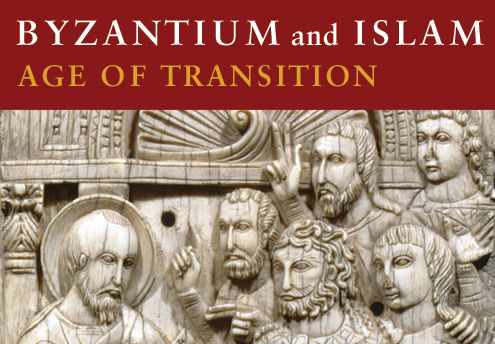The Arabs brought their new religion and their language to the peoples they conquered. The religion often stimulated new artistic and literary development, and by requiring a pilgrimage to Mecca, it fostered mobility among the Muslims and encouraged the exchange of ideas with fellow Muslims from other parts of the Muslim world. Since Arabic had to be learned by everyone who wished to read the Koran, it became the standard written language of the whole Islamic world.
Spreading their religion, though seldom by force, and clinging to their family and social traditions, the Arabs in the early stages of their expansion founded new cities in the conquered territories that were purely Arabic in population. But as conversions increased, the Arabs absorbed non-Arabs. And in their way of life, they borrowed much from the older urban societies they were absorbing. So, aside from religion and language, the chief contribution to Muslim culture came from the civilizations of Persia and of the Greco-Roman world. Islamic government learned much from the Persian tradition; Islamic philosophy learned much from the classical tradition; and Islamic literature learned much from both.
Christians and Muslims felt themselves to be members of religions that were on the same level of intellectual advancement and parallel in many respects—in their attitudes toward creation, human history, the last judgment, and the instability of everything mortal. When at peace with the Muslims, the Byzantines thought of them as the successors of the Persians and as such the only other civilized nation.
As a concession to the Muslim attitude toward women, which viewed all matters relating to them as intensely private, diplomatic protocol prescribed that ambassadors from the caliph were not to be asked the customary questions about the health of the ladies of the caliph’s household. And the caliph’s ambassadors were given the highest places at the imperial table.

